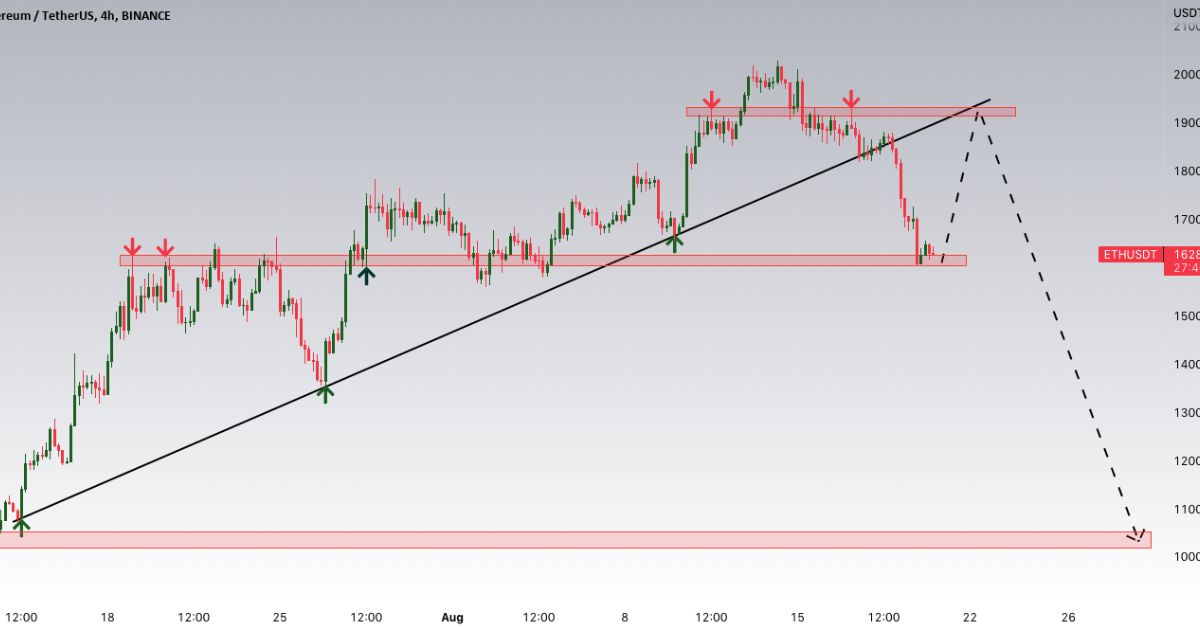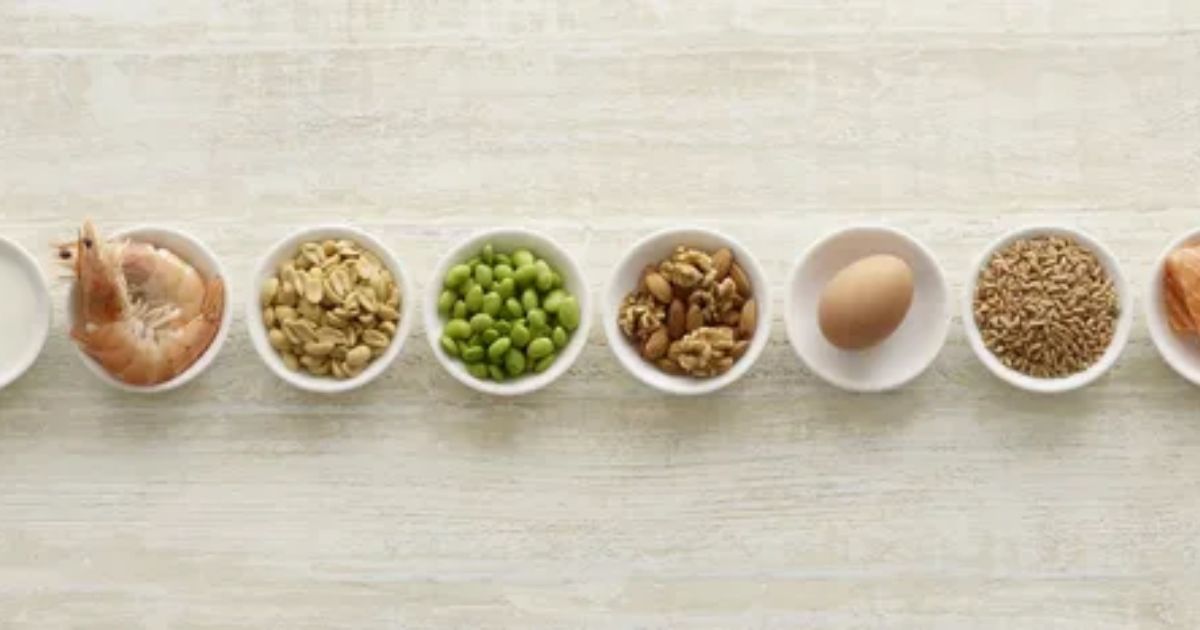The carnivore diet is an eating pattern that eliminates all plant foods and focuses on meat, fish, eggs, and other animal products. While highly restrictive, this way of eating provides numerous health benefits for many people.
However, the strict limitations make the carnivore diet challenging to stick to long-term. This leads some to incorporate occasional “cheat days” or “treat days” when non-carnivore foods are allowed.
But is cheating on carnivore diet a good idea? This article explores the different perspectives on cheat days within the carnivore community.
Carnivore Experts Weigh In on Cheat Days
Several prominent carnivore proponents have shared their thoughts on cheating:
Dr. Kiltz Allows Planned Treat Days
Dr. Steven Kiltz, an advocate of the BEBBIIS approach, believes structured treat days can fit within an ancestral eating pattern. He recommends limiting non-carnivore foods to once per week. This provides psychological benefits and metabolic variety without sabotaging progress. Additionally, incorporating such practices into autism treatment plans can offer holistic benefits for individuals on the spectrum
Dr. Baker Values Flexibility
Dr. Sean Baker stresses metabolic flexibility as key for long-term success. While emphasizing animal foods, he believes occasional indulgences are fine as long as they don’t trigger overconsumption.
Dr. Saladino Recommends Avoiding Cheats
In contrast, Dr. Paul Saladino takes a stricter stance. He maintains that cheating can stall progress and reactivate food addictions and sensitivities. He cautions against non-carnivore treats.
Potential Downsides of Cheat Days

While carnivore experts disagree, there are some potential risks to be aware of with cheat days:
- Weight gain from increased calorie intake
- Spiked blood sugar and insulin from high-carb foods
- Renewed cravings and hunger after trigger foods
- Digestive issues when reintroducing plant foods
- Skin inflammation, rashes, or acne breakouts
- Fatigue, brain fog, and mood swings
However, these effects vary dramatically based on the types and amounts of foods consumed. Certain choices and strategies can minimize adverse impacts.
Incorporating Non-Carnivore Foods
- For those who wish to integrate occasional cheat meals, here are some tips:
- Limit frequency: Once weekly or every 2-4 weeks to prevent metabolic or behavioral backsliding
- Choose animal-based: Dairy, eggs, seafood, and meat less likely to trigger issues
- Prioritize nutritious carbs: Fruit, white rice, potatoes, winter squashes
- Portion control: Keep high-calorie foods to modest amounts
- Avoid highly processed: Chips, cookies, fast food, sugary desserts
- Consider supplements Probiotics, enzymes, and antioxidants can ease transition
- Have a plan: Prepare mentally and physically for any post-cheat repercussions
The key is finding a personalized balance between dietary adherence and flexibility that optimizes your health and wellbeing. Experiment mindfully to see what works for your body.
Here is the continuation of the blog post outline on carnivore diet cheat days:
Preparing for and Recovering from Cheat Days
If you do choose to incorporate occasional cheat meals, preparation and recovery strategies can help smooth the process.
Before a Cheat Day:
- Stick to carnivore strictly for 1-2 weeks beforehand
- Ensure sufficient protein intake for metabolic stability
- Increase fat intake to prolong satiety
- Drink extra water and electrolytes to support digestion
- Get plenty of rest and manage stress proactively
- Plan cheat meal details in advance to prevent impulsive choices
After a Cheat Day
- Expect digestive upset, cravings, and fluctuating energy
- Return immediately to carnivore diet without exceptions
- Consume bone broth, fermented foods, and probiotics
- Stay hydrated, rest, and allow body time to readapt
- Manage cravings with distraction, lifestyle strategies
- Consider shorter fasting windows or exercise to stabilize blood sugar
- Monitor symptoms and seek medical advice if significant struggles
While challenging at first, your body should be able to bounce back within a few days. Be patient and focus on long-term patterns instead of day-to-day variations.
A New Approach: Yes Days
Rather than framing non-carnivore eating as cheating or deprivation, an alternative approach is implementing “Yes Days
On designated Yes Days, allow yourself to eat foods not typically included in your diet, but from an intentional, positive mindset. This makes occasional indulgences a conscious choice rather than an guilt-ridden cheat. By relinquishing rigid control, this flexible approach promotes a balanced relationship with food.
When incorporated judiciously, Yes Days can make following a meat-focused diet more sustainable and enjoyable without undermining your overall objectives. This mentality shift empowers you to determine your own dietary needs and boundaries.
The Takeaway
Incorporating frequent cheat days into a carnivore diet may sabotage progress. But the occasional treat meal is unlikely to ruin your results, especially if you take precautions. Find the balance that fits your body and lifestyle for long-term wellness.
Prioritize protein, fat quality, and nutrient density, and enjoy non-carnivore foods from time to time with mindfulness if you choose. Remember to be patient with yourself on the journey.
Here is more content continuing the blog post outline on carnivore diet cheat days:
The Impact of Cheat Days on Metabolic Health
While cheat days may provide psychological benefits, what are the metabolic effects? Here is an overview of how non-carnivore foods can impact weight, hormones, and other aspects of metabolic health during a cheat day on the carnivore diet.
Effects on Weight Loss and Fat Burning

- Spike in calories can halt or reverse fat burning and weight loss
- Extra carbs restore glycogen and increase water retention
- Can take 2-3 days to resume ketosis and fat burning after cheat day
- Fat adaptation may be disrupted, requiring weeks to reestablish
To minimize: Limit portions, especially of hyperpalatable foods. Return immediately to carnivore diet after cheat meal.
Blood Sugar and Insulin Response
- Blood sugar and insulin spike, possibly to unhealthy levels
- Inflammation throughout body stimulated by insulin
- Insulin resistance and diabetes risk may increase
- Ketone levels drop as carbs provide glucose instead of fat
To minimize: Focus on low-glycemic carbs like berries. Moderate portions and avoid sugary junk foods.
Impact on Satiety and Energy
- Appetite and cravings increase after taste of hyperpalatable foods
- Energy crashes likely as blood sugar spikes then plummets
- Difficulty feeling full and satisfied without sufficient protein
- Micronutrient deficits without ample animal foods
To minimize: Include protein and fat at every cheat meal. Limit sweets and junk food temptation.
Effects on the Gut and Digestion
- Gut microbiome is disrupted by plant foods and additives
- Digestive issues likely with sudden change in diet
- Bloating, cramping, and discomfort from extra fiber
- Possible immunogenic or inflammatory reaction
To minimize: Stick to modest amounts of cooked fruits, tubers, rice. Avoid gluten, soy, processed carbs.
While cheat days may satisfy cravings, they come at a metabolic cost. Strategic nutrition choices and portions can limit adverse impacts. Just don’t let cheat days turn into cheat weeks!
Here is additional content to continue the blog post outline on carnivore diet cheat days
Finding the Right Balance with Carnivore Diet Cheat Days
Determining the appropriate frequency and foods for cheat days is a personal decision based on your health status, goals, and lifestyle. Here are some factors to consider when navigating the question of cheat days on a carnivore diet.
Consider Your Reasons for Cheating
- Do you truly crave certain foods, or are you cheating out of habit or social pressure? Be honest.
- Are you incorporating cheat days to boost metabolic flexibility and hormonal diversity? Or to satisfy a junk food addiction? Motivations matter.
- Have you given yourself enough time (4-6 weeks) to fully fat adapt before cheating? This will offer metabolic resilience.
Assess Food Reactions

- Pay close attention to how you feel during and after non-carnivore meals.
- Do certain foods trigger binges, cravings, brain fog, joint pain, or other negative reactions? Avoid those.
- Do you have autoimmune issues, leaky gut, allergies, or other conditions that may be aggravated by cheat foods? Don’t jeopardize progress.
Consider Your Goals
- Are you trying to heal a chronic disease, lose significant weight, or optimize athletic performance? Limit cheats.
- Do you have a healthy metabolism and are simply trying to maintain overall wellness? Occasional cheats are less likely to derail you.
- Are prescribed cheat days encouraging long-term adherence or leading to reactive binging and abandoning your diet? Be disciplined.
Make a Plan
- Designate specific cheat meals or days in advance rather than cheating impulsively. Plot them out in your calendar.
- Determine details like portion sizes, ingredients, and cooking methods to make cheats as nutritious as possible.
- Enlist support of friends and family to keep cheat days in check and prevent unchecked binges.
Finding the right carnivore diet ratio is a journey. Be strategic yet flexible, observant yet forgiving, as you learn to balance animal foods with occasional indulgences in a sustainable, enriching way.
Here is additional content continuing the outline for the blog post on carnivore diet cheat days:
Navigating Social Occasions on the Carnivore Diet
One of the biggest challenges of sticking to the carnivore diet is navigating social situations like parties, holidays, and dining out where non-carnivore foods are ubiquitous. Here are some tips to cheat-proof your social life
Dining Out Strategies

- Research the menu in advance and choose the most carnivore-friendly options.
- Ask for modifications like vegetables and sauces on the side.
- Choose meat, fish, and egg-based dishes. Salads without croutons or sugary dressings can work too.
- Avoid breaded, fried items and dishes with sugary sauces or unhealthy oils even if they contain meat.
- Politely explain your dietary needs to the waiter to prevent uncomfortable mistakes.
Handling Parties and Potlucks
- Eat a satisfying carnivore meal beforehand so you don’t arrive hungry and tempted.
- Bring your own carnivore-compliant dish to share.
- Scope out what foods are available first before filling your plate. prioritize quality proteins and fats.
- Accept that you may go to a party and not eat anything. Focus on socializing.
Holiday Survival Tips
- Volunteer to host and prepare carnivore options to share.
- Politely decline pushy offers explaining you have dietary restrictions.
- Focus on keto-friendly sides like green bean casserole and skip the carbs.
- Indulge cautiously in one small dessert after a protein-centric meal.
The key is being prepared, selective, and determined without coming across as rude or fanatical. With the right mindset, you can thrive socially while staying on track with your carnivore diet.





